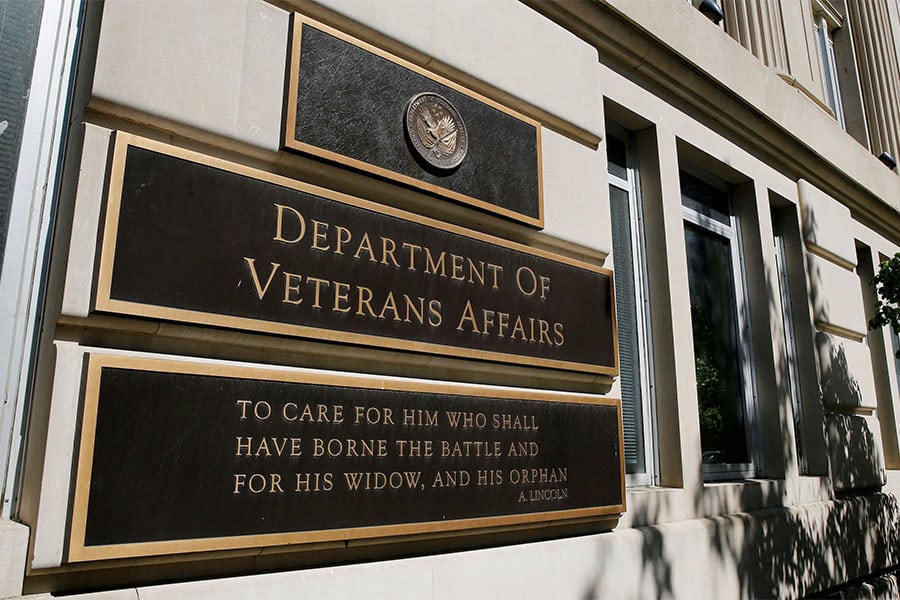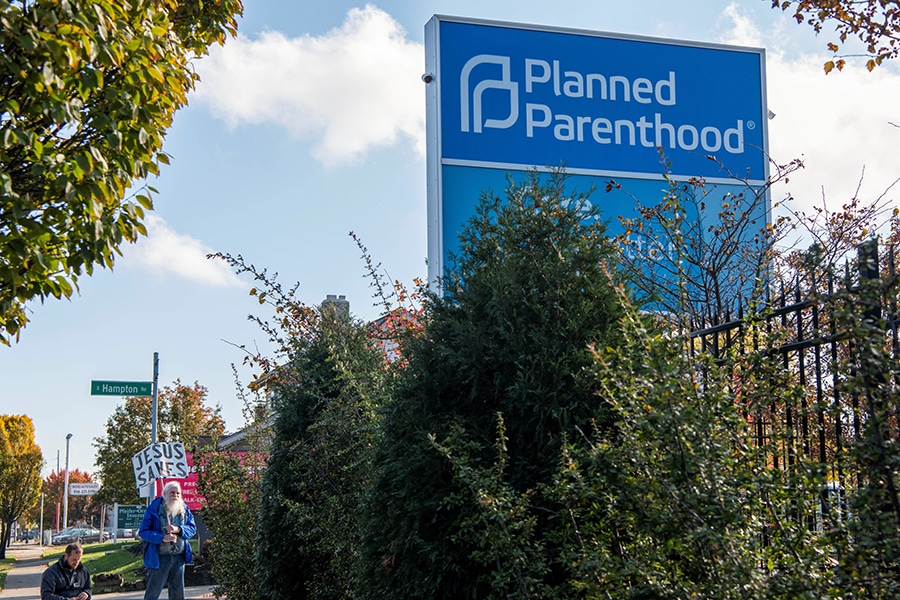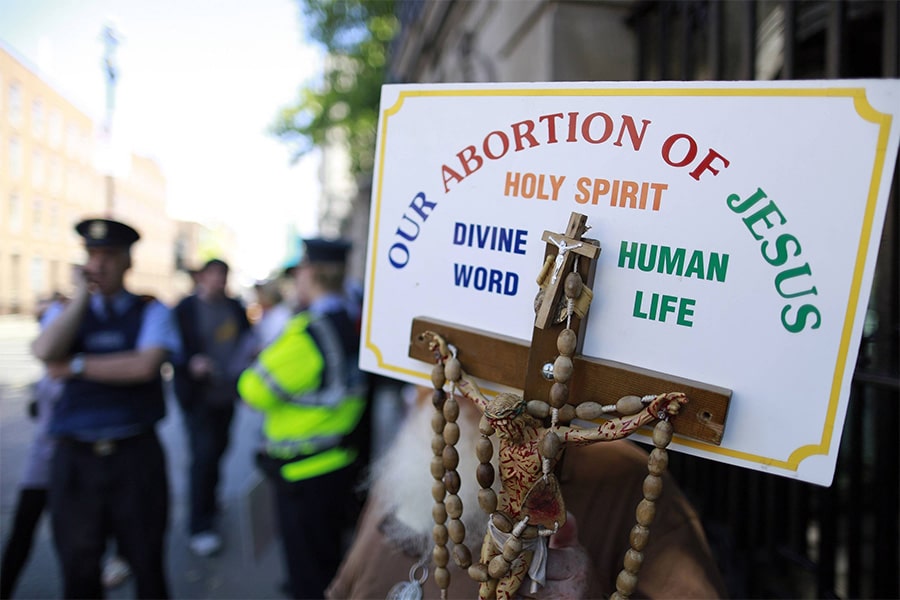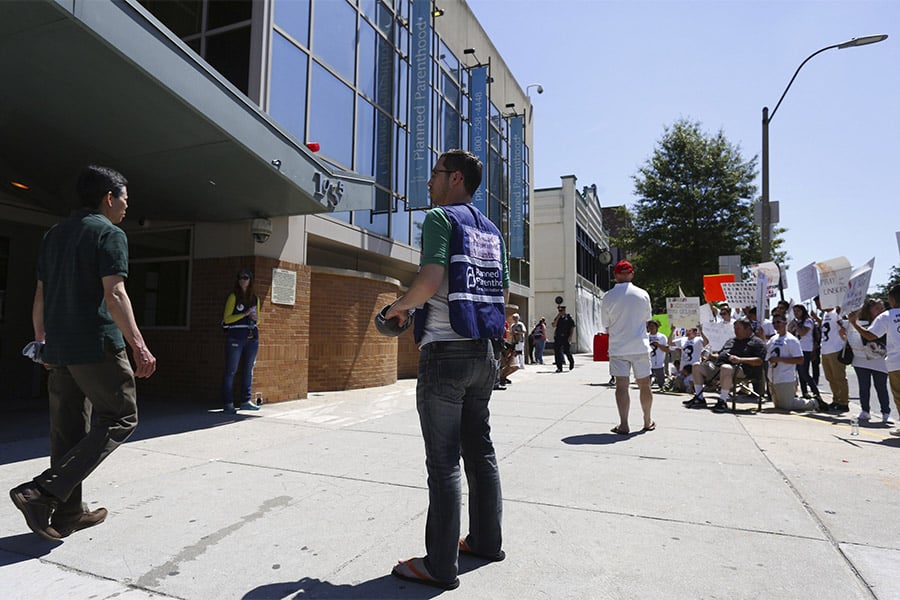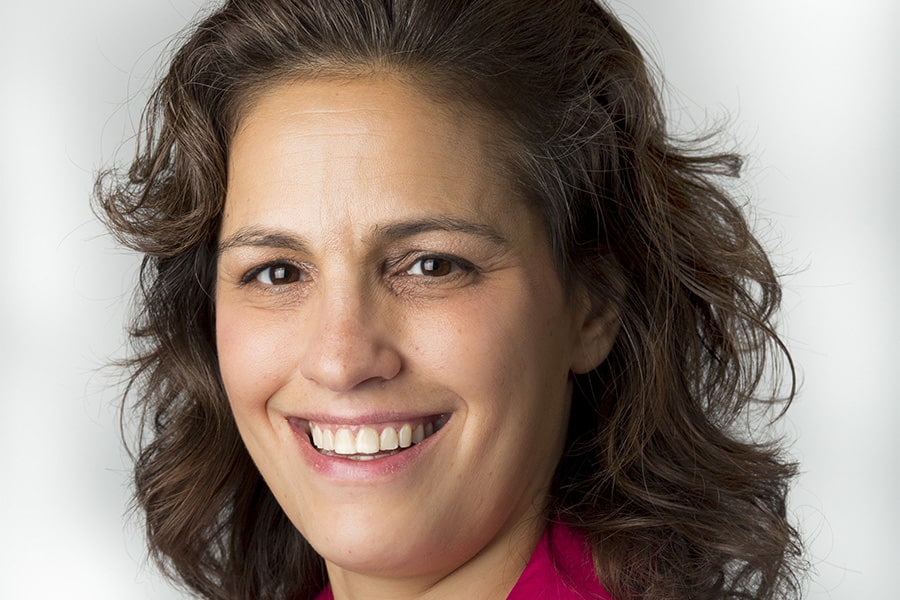The Biden administration cannot use a 1986 emergency health care law to require hospitals in Texas to perform emergency abortions, a federal appeals court in New Orleans ruled Jan. 2. The ruling deals a blow to the Biden administration’s strategy to increase access to the procedure in states that have restricted it.
The court found that the federal law in question, the Emergency Medical Treatment and Active Labor Act, obligates doctors and hospitals to attempt to stabilize both mother and unborn child in an emergency.
“We agree with the district court that EMTALA does not provide an unqualified right for the pregnant mother to abort her child, especially when EMTALA imposes equal stabilization obligations,” the appeals court ruling said, adding that the judges “decline to expand the scope of EMTALA.”
Following the June 2022 U.S. Supreme Court decision in Dobbs v. Jackson Women’s Health Organization, which overturned the high court’s previous abortion precedent in Roe v. Wade, the U.S. Department of Health and Human Services sent hospitals guidance stating they must perform abortions when a woman’s life is in jeopardy from the pregnancy under EMTALA.
“When a state law prohibits abortion and does not include an exception for the life of the pregnant person — or draws the exception more narrowly than EMTALA’s emergency medical condition definition — that state law is preempted,” that guidance said.
But Texas, which banned most abortions by state law after the Dobbs decision, sued HHS, arguing the guidance came into conflict with its state law, and was joined in that lawsuit by several groups that oppose abortion.
In August 2022, a federal district judge sided with Texas, issuing a temporary injunction while the legal challenge played out.
Alliance Defending Freedom attorneys representing the American Association of Pro-Life Obstetricians and Gynecologists and the Christian Medical & Dental Associations, alongside the state of Texas, asked the 5th U.S. Circuit Court of Appeals to keep in place a judge’s ruling halting the Biden administration from using EMTALA to require hospitals to perform abortions.
In a statement greeting the appellate court’s Jan. 2 decision, Ryan Bangert, ADF senior vice president of strategic initiatives, who argued the case before the court, said, “Hospitals — especially emergency rooms — are tasked with preserving life. The 5th Circuit correctly ruled that the federal government has no business transforming them into abortion clinics.”
“Doctors shouldn’t be forced to break the Hippocratic Oath, and they shouldn’t have to choose between violating their deeply held beliefs or facing stiff financial penalties and being barred from the Medicare program,” Bangert said. “Emergency room physicians can, and do, treat life-threatening conditions such as ectopic pregnancies. But elective abortion is not life-saving care — it ends the life of the unborn child — and the government has no authority to force doctors to perform these dangerous procedures. We are pleased that the courts are allowing emergency rooms to fulfill their primary function — saving lives.”
Katie Daniel, state policy director for SBA Pro-Life America, said in a statement that the court “delivered a big win for babies and mothers by halting a key piece of Biden’s pro-abortion agenda.”
“EMTALA, the Emergency Medical Treatment and Active Labor Act, requires consideration for both patients — mother and child,” Daniel said. “It is no grounds for forcing doctors to carry out abortions even against their better medical judgment.”
Daniel said that two federal rulings “have made that crystal clear, rejecting the Biden administration’s twisted and illegal moves.” She said that after the Dobbs decision, “24 states have laws protecting babies in the womb from brutal abortions, and every one of them also ensures life-saving care for pregnant mothers during medical emergencies.”
In a statement, Alexis McGill Johnson, president and CEO of Planned Parenthood Federation of America, said, “It has never been clearer that we should take anti-abortion lawmakers and their allies at their word: they want to ban abortion entirely — even in situations where abortion is life-saving or stabilizing care.
“While they continue their quest for power and control over people’s bodies, Planned Parenthood will fight back every step of the way,” McGill Johnson said. “Patients and doctors should be making these sensitive and life-changing decisions — not agenda-driven politicians with no medical expertise.”
But Dr. Ingrid Skop, a board-certified OB-GYN who has practiced in Texas and is a senior fellow and director of medical affairs at the Charlotte Lozier Institute, said in a statement that “pro-life laws are life-saving and do not contradict quality medical care.”
“The overwhelming majority of OB-GYNs recognize both mother and baby as our patients and so does federal law,” Skop said. “The Biden administration’s attempt to hijack EMTALA, override democratically enacted protections for life and force doctors to engage in lethal violence was unnecessary and dishonest.”
The Catholic Church teaches that all human life is sacred and must be respected from conception to natural death. As such, the church opposes direct abortion as an act of violence that takes the life of the unborn child. After the Dobbs decision, church officials in the U.S. have reiterated the church’s concern for both mother and child, as well as about social issues that push women toward having an abortion.
Read More Respect Life
Copyright © 2024 OSV News


